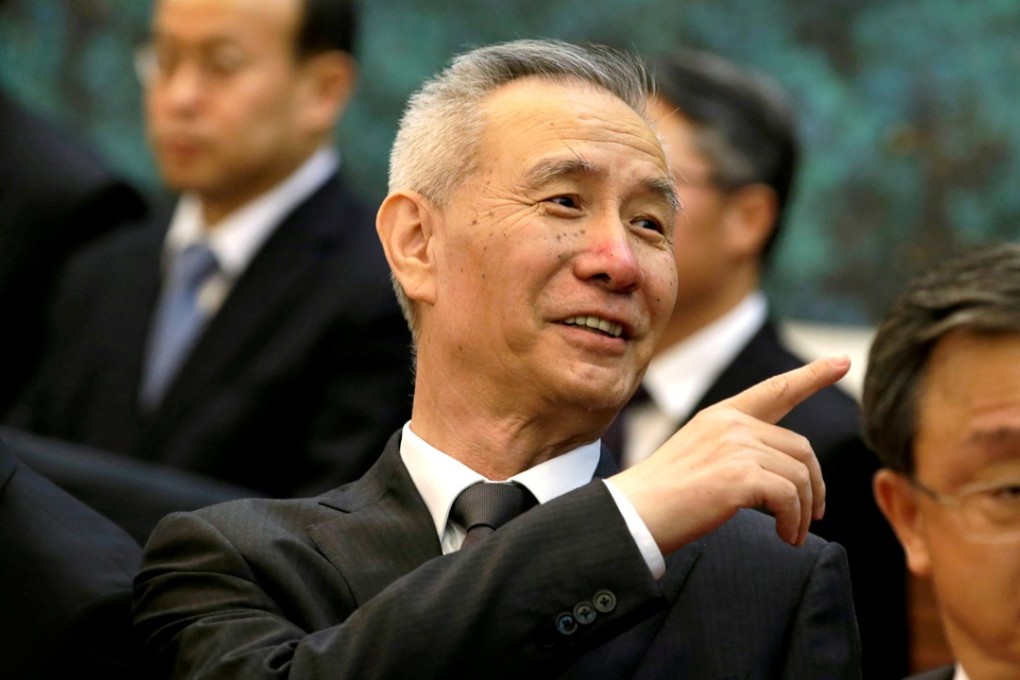China’s Harvard alumni vice-premier Liu He faces uphill task with state-owned sector reform

He was sharp and focused, seeing the threats of a financial system that was not under effective control and regulation, while concluding that the US economy was resilient. This was important because, at the time, some voices in China were seeing the crisis as marking the inevitable decline of the US. By all accounts, the report was influential in policy circles within China and within the office of the premier.
We know that Liu is a critic of the debt-fuelled programme that China adopted following the financial crisis, or at least feels that it has continued for too long and that government stimulus cannot be the main driver of growth.
Liu’s view is that debt-driven growth carries financial and broader risks, possibly even of a systemic financial crisis. In 2016, Liu is credited with having written an important editorial for the People’s Daily, in which he warned against maintaining economic growth with loose monetary policy. The Chinese have referred to the policy package as their own version of “supply-side economics”.
The two main drivers of China’s economic growth have been state investment and exports. These two elements will remain important but can’t be relied upon to maintain stable growth in the future. As a result, Liu supports the moves in recent years to maintain slower growth, rather than the heady days of double-digit growth, and supports the preference for a more sustainable consumption-based growth.